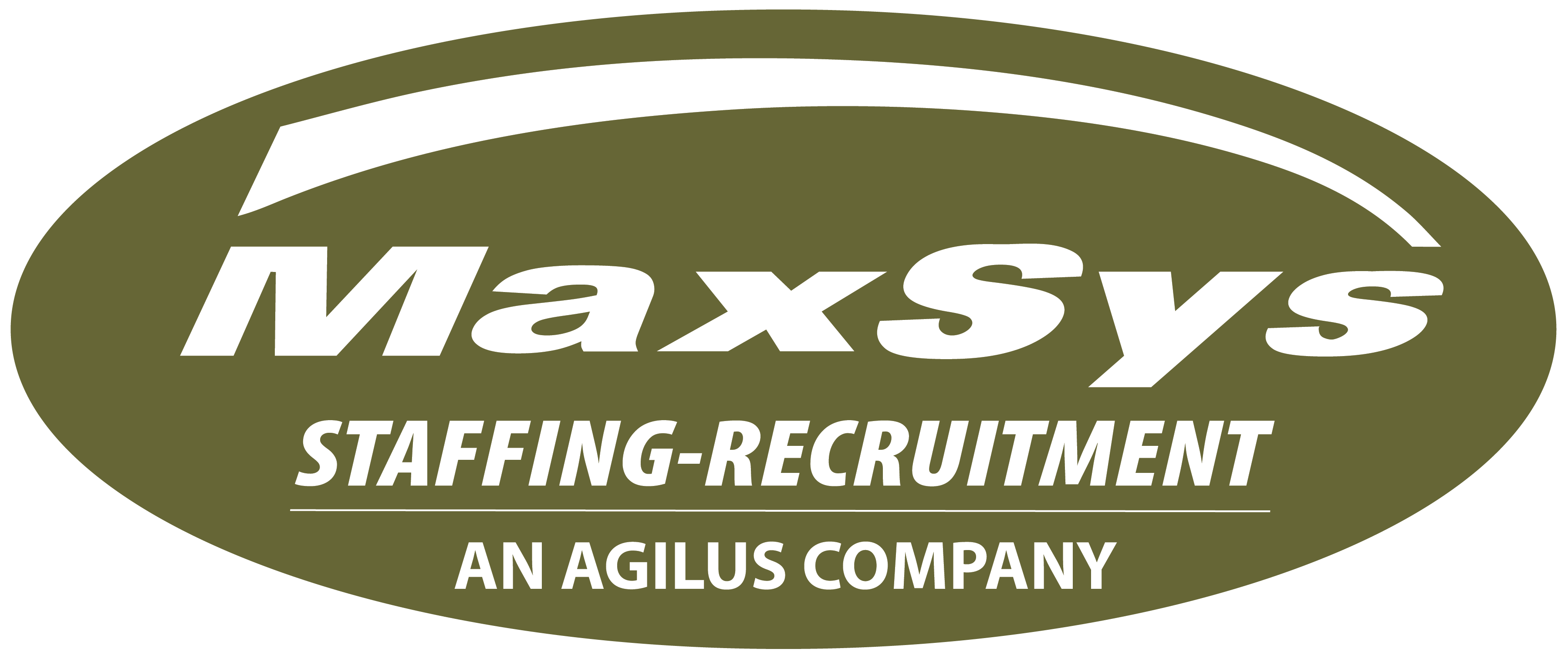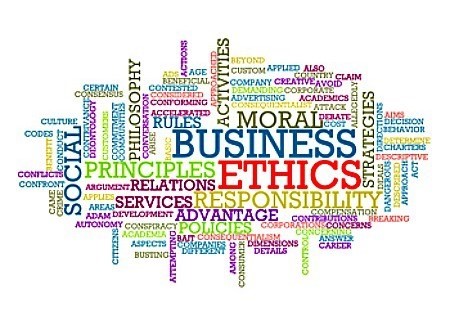May 4, 2020
Why Corporate Ethics Matter
In the midst of a world-wide pandemic, and more than ever, a company’s success depends on the talent and it corporate culture towards ethics. This may not seem like the most important question to ask when you’re trying to hire someone for a position—especially one that might not be directly affected by the actions of your corporation as a whole—but the modern workplace is changing, as are Canadian professionals’ values, and if you want to keep up, you need to know just how significant those ethical values are.
What Qualifies as “Ethics”?
What do I mean by “ethics”? This is a broad category, and subjective in nature, but generally, I’m referring to these areas:
- Fraud and manipulation. This should be obvious, but ethical companies don’t engage in shady or manipulative financial practices, such as fraud, bribery, or insider trading. The problem here is that individual actions are often associated with the company as a whole, so any individual within your company who behaves in an unethical way could compromise the reputation of your company. Setting strict no-tolerance policies and taking proper disciplinary action can mitigate these effects.
- Sustainability. Sustainability refers to practices that may be continued indefinitely, usually with respect to the environment. Choosing renewable forms of energy, such as solar and wind, and decreasing pollutants are examples of this. However, sustainability may also refer to the use or consumption of other natural resources, such as water.
- Diversity and inclusion. Diversity and inclusion efforts are also seen as responsible, ethical business practices. These include programs to hire people from more diverse backgrounds, including different ethnicities, sexes, and differently abled people.
- Exploitation. Large companies can make greater profits, especially in developing countries, or by exploiting tax loopholes to the disadvantage of individuals and businesses around them. These practices may yield your business a short-term benefit, but they’re heavily frowned upon by the Canadian public, and are usually seen as unethical.
- Donations and contributions. Finally, a business’s donations and volunteer contributions to charitable organizations, local groups, and good causes can also be considered an ethical and/or benevolent practice.
So is it more important that a company pay attention to, and potentially invest in these areas?
The Age of Information
We’ve entered an age beyond the industrial; we’re living in the information age. And no, that isn’t just a buzzword used by digital marketers. Today’s prospective employee has more information than ever before, and businesses are more transparent now than they ever have been. A company’s history, public messages, and even current staff are all publicly available information, and all it takes is a Google search for a prospective employee to find it. For that reason alone, company ethics are more important than they’ve been in past decades.
The Millennial Factor
It’s also important to realize that millennials are the next generation of talent entering the professional world—and they’re the ones dictating what’s important for companies. According to a recent University study, 86 percent of millennials consider it a main priority to work for a business that conducts itself ethically and responsibly. In fact, most millennials would be willing to take a considerable pay cut to work for such a business. What does that mean for ethical practices at your company? It means if you want any chance of recruiting up-and-coming talent in your industry, you need to start engaging in a more responsible way.
Increased Competition
One other factor to consider here is the compounding nature of competition. As more businesses begin to realize the importance of responsible and ethical practices, more businesses are going to invest in those efforts, which means any businesses that don’t follow suit are going to look worse by comparison. As just one illustration of this effect, between 2011 and 2015, the percent of Fortune 500 companies that published sustainability reports ran from 20% to 81%.
The Bottom Line
A company’s ethics and corporate social responsibility matter more today than they did a few decades ago. Workers place a higher emphasis on the values of their employers, and have access to more information than ever before. If you want your company to remain competitive in the hunt for the best candidates in your field, spend some time defining, perfecting, and promoting your company’s ethical behavior.


